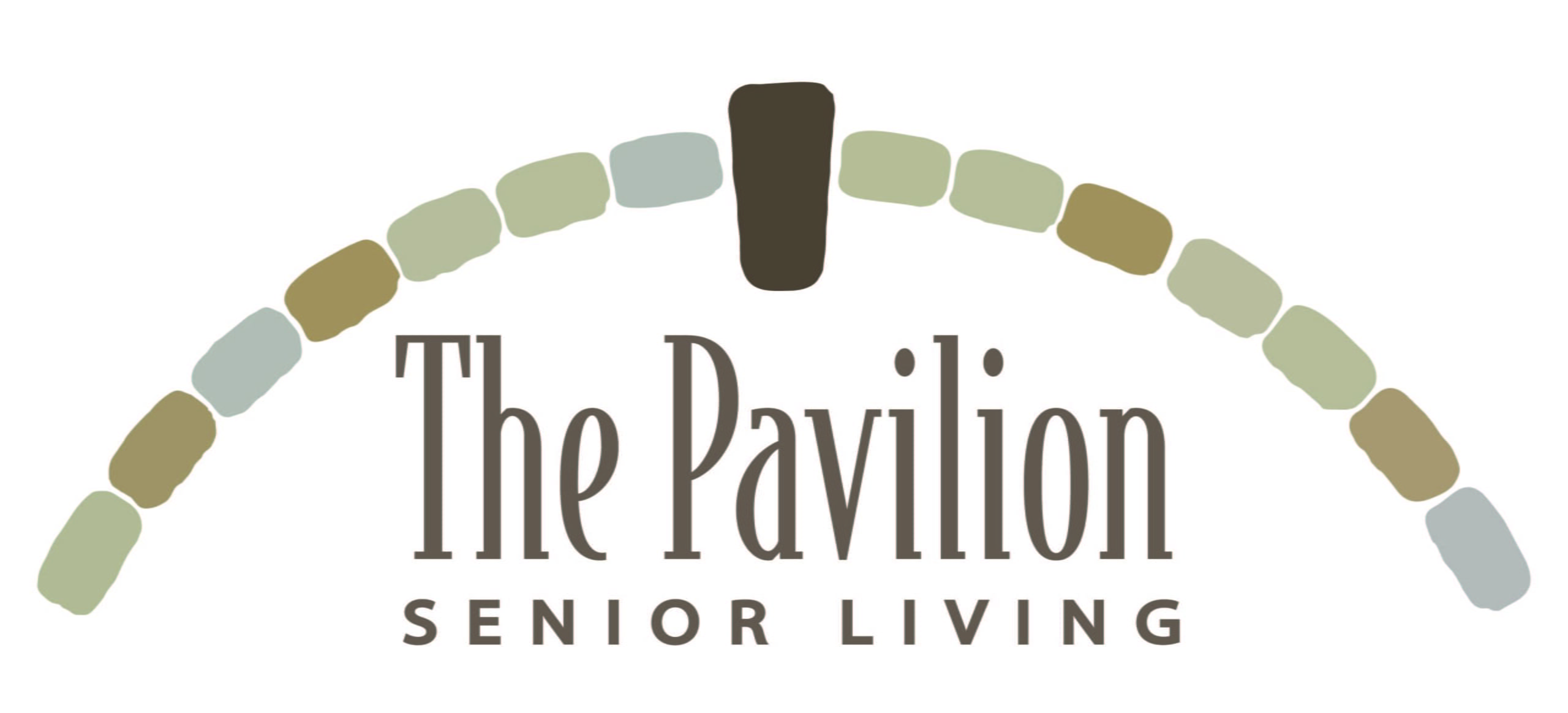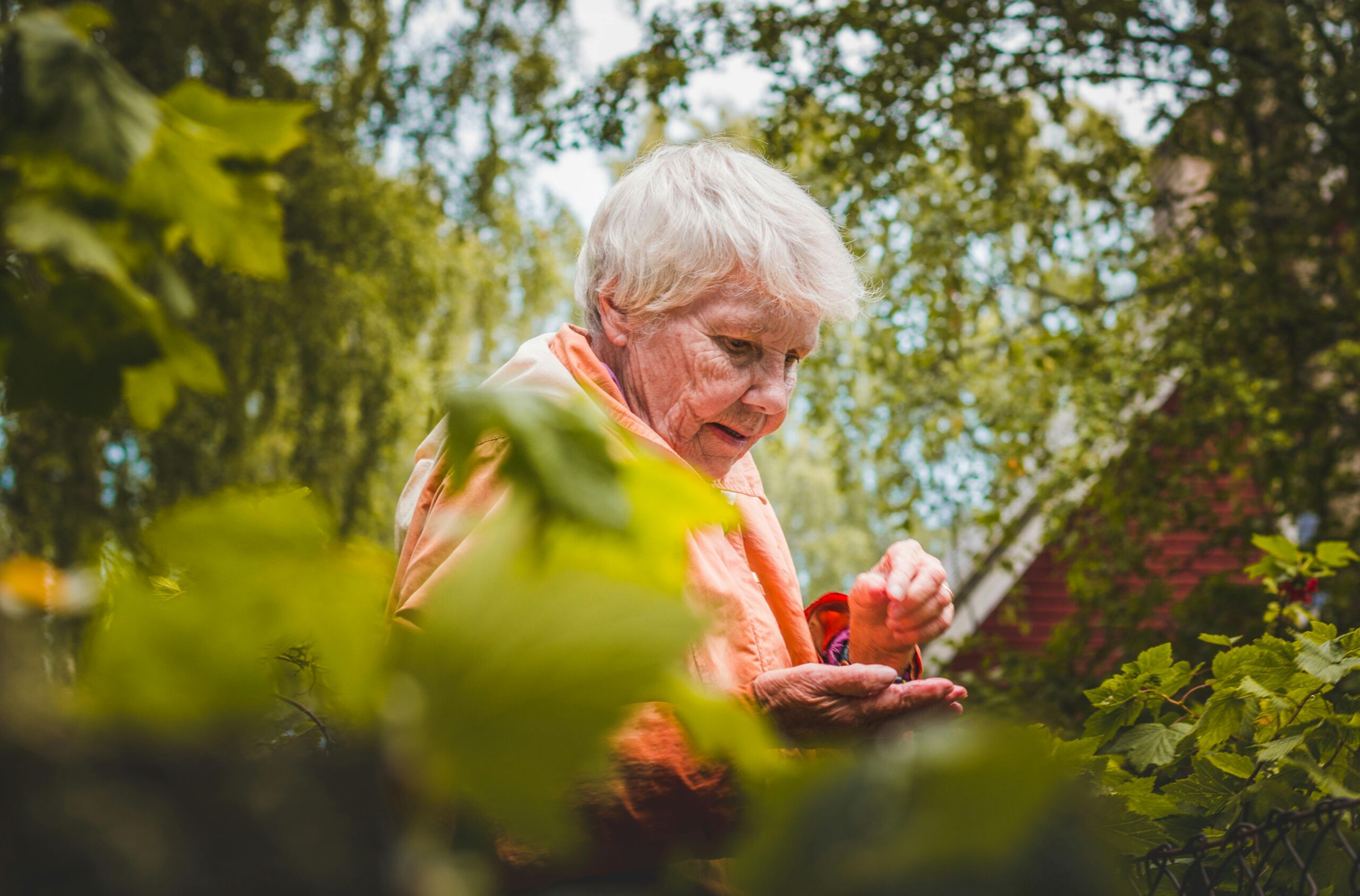Caring for a family member or loved one is a meaningful and rewarding experience, but it can be overwhelming at times. As a family caregiver, taking care of yourself is just as essential as performing your caregiving duties. If you neglect your needs, you are putting yourself at risk of experiencing caregiver burnout.
At The Pavilion Senior Living, with communities in Tennessee, we know how much goes into caring for another person, and we want to help you on your caregiving journey. This is why we are sharing the signs of caregiver burnout and how to prevent it.
Neglecting Your Personal Needs
One of the first signs of caregiver burnout is when you start neglecting your own wants and needs. If you are focused on making sure your family member is getting the care they need, it is easy to forget to take care of yourself. However, this is not a reason to not ignore your health and needs. Your physical, mental, and emotional health matter – take care of yourself.
Lack of Energy
The role of a family caregiver is demanding, but that does not mean that you should be feeling fatigued all the time. If you constantly feel drained and have no energy, this could be a sign of caregiver burnout.
Changes in Appetite, Weight, or Both
Again, it can be easy to forget your needs when you are so focused on someone else’s, including forgetting to eat. This can result in a decrease in appetite or weight loss. Your body needs food and nutrients to function properly. If you forget to eat on a regular basis, this can lead to additional health issues.
On the other hand, a sign of caregiver burnout is to experience an increase in appetite and weight. This is due to increased stress levels. When we experience stress for an extended period of time, our bodies release a hormone called, “cortisol” which increases appetite.
Mission Health shares, “what we eat fuels our bodies, impacting our mood, energy levels, and overall well-being. It’s not enough to simply eat three times a day. A healthy lifestyle requires understanding the basic nutritional value of the food we choose and how that food impacts our bodies.”
Insomnia or Difficulty Sleeping
Taking care of a loved one is a big job and requires a lot of your time, but it should not cut into your sleeping time. It is how your mind and body reset and refresh for the day ahead.
A significant sign of caregiver burnout is experiencing insomnia or having difficulty sleeping. Whether you are worried about your loved one during the night or you are thinking about tomorrow’s to-do list, it can be difficult to “shut off” your brain and sleep. However, getting enough sleep is an important tool for being the best caregiver you can be.
How to Prevent Caregiver Burnout
Ask for Help
It is okay if you need to ask for help, especially if it means you are prioritizing yourself. It is not selfish to take time for yourself, and it is important to give yourself permission to take a break. In fact, this will only help you be a better caregiver in the long run.
Enlist the help of friends and family members but be specific about how they can help. For example, asking a sibling to complete the grocery shopping or pick up your loved one’s medication.
Additionally, talking with others in similar situations is beneficial. By finding a caregiver support group, you will hear other caregivers share stories and realize you are not alone. On the other hand, you may hear another caregiver share a story that gives you perspective about your situation.
Take Care of Yourself
Get enough sleep, exercise regularly, maintain a healthy diet, and do something that recharges you. By taking care of yourself, you are ensuring that you will be the best caregiver that you can be for your family.
Remember to be kind to yourself and enjoy the extra quality time you and your loved one have together.
If, however, you find that your loved one’s health and needs are becoming too much for you to handle, it may be time to consider senior care options, such as a senior living community.
At The Pavilion Senior Living, we offer compassionate senior care that you and your family can trust. To learn more about our senior living communities in Tennessee and West Virginia, please visit our website or contact a member of our team.




